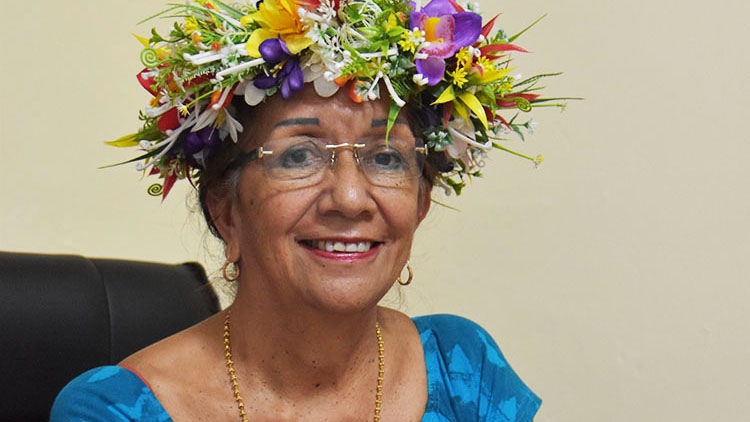PORT MORESBY – Papua New Guinea needs to take drastic action to avoid a budget crisis that could force the country to seek assistance from the World Bank and other international lenders, a former government advisor says.
A budget update released on Monday saw the estimated 2015 deficit increase from 4.4 per cent of the country’s gross domestic product (GDP) to 9.4 per cent, which would be the highest in the country’s history.
PNG’s budget revenue has been hit by a fall in international commodity prices, a wider economic slowdown and delays in the sales of public assets.
Paul Flanagan, an Australian public policy expert who worked with PNG’s treasury between 2011 and 2013, said the government needed to slash spending.
“They have, in the last few months, faced a 20 per cent drop in revenue. In the Australian context, that would be a drop of over $80 billion in revenue forecasts in 2015 alone, just over the last six months,” he said.
“In Australia, we’d be calling it something well beyond a budget crisis.
“It’s going to be inevitably painful. These sort of cuts are very large – much larger than what Joe Hockey was trying unsuccessfully to put forward in his budget in 2014.
“These will be really challenging times, especially in the context of an election which is coming through in 2017.”
Flanagan said the PNG government only had about three months to set out a path forward before it was too late.
“They need to do a supplementary budget pretty much now. It should have been done earlier,” he said.
“Their 2016 budget comes down in November – if they really haven’t made very clear pathways out of this situation by then, then I think it’s going to be very, very difficult for PNG to get out of this situation without clear support from the World Bank and other donors.”
On Tuesday, PNG’s finance minister James Marape said the fall in oil prices had particularly affected the fiscal outlook, but added there was no need to “panic or worry”.
“What is within our control to manage our economy is sticking to core priority areas of our budget and curtailing wastage and recurrent expenditures as well as deferring some development agendas to future budgets,” he said in a statement.

















































